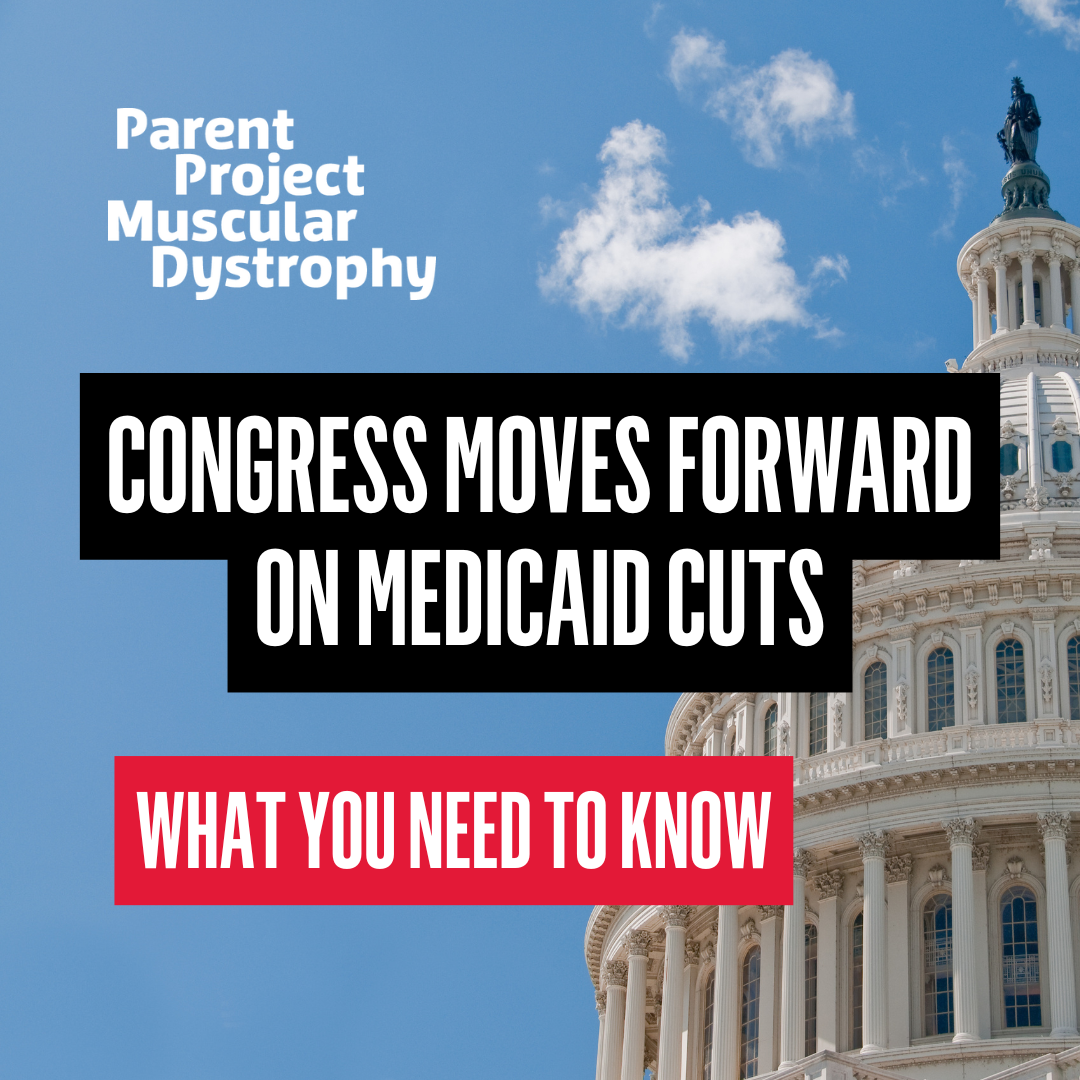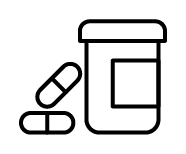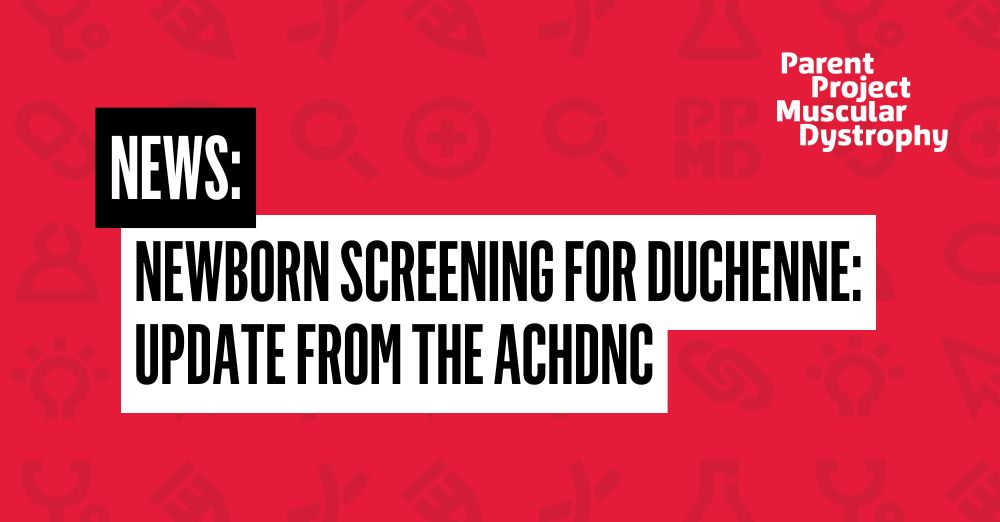
 Access & Coverage Resources for New Therapies
Access & Coverage Resources for New Therapies
With the first FDA approvals of Duchenne therapies, the Duchenne community has entered in a new environment for access and reimbursement. With this brave new world at play, PPMD has been leading the effort to educate and guide the community through these unchartered waters.
Roadmap for Navigating the Path to Access
We have all had frustrations getting healthcare paid for, whether it is getting access and coverage for appointments, procedures, equipment, and/or medications. Coverage is especially difficult when new medicines or procedures are recommended. It can be a complicated and often an overwhelming process, but what is important to remember is that this is a process and policy determinations are not always final.
To make this process easier, PPMD has assembled resources that will help families and medical providers at each stage of the healthcare access process. Included below is a road map aimed at guiding you through this complex process – complete with sample letters and links to relevant publications and other resources.
![]()
We are working closely with health insurance payers (public and private) to increase their understanding of Duchenne and how access to available and emerging interventions, therapies, and equipment can improve health outcomes for our community.
As our engagement continues and we learn more, we will update and produce additional tools and resources for utilization by our community. Please contact PPMD’s Brian Denger with any questions.
Understanding the Path to Access
The process for access to new medicines is not always linear. If your plan does cover the medicine, there are programs available to limit your out of pocket costs. Take a look at PPMD’s Overview of the Fundamentals of Access for more information on the process.
Below are resources outlined for each stage of the process, including if a denial occurs.
![]()
How do I start the process for access?
To begin the process for access, most drug companies have a start form that can be filled out by you or your physician.
Some insurers will require what’s called Prior Authorization. This may involve confirmation of genetic test results and other medical records to be submitted with the prescription from your doctor.
Your clinician will be a key advocate for this process. He/she should consider submitting a Letter of Medical Necessity (sample letter below), which provides background information about the patient, disease, and drug.
What happens if access is denied by my insurer?
It is at this stage a complication could occur.
If you receive a denial, there are steps you can take in order to appeal the decision. Your clinician will be a key advocate in this process. The denial letter should have specific information about the appeals process.
The clinician or doctor can request what is called a “peer to peer” where your clinician will interact directly with the insurer one-on-one to provide justification for access and coverage. Please be sure you are in touch with the drug company’s case managers who will also provide you with guidance during the appeals process.
Things to Consider:
- Ask your clinician and the insurer about whether a “peer to peer” can occur and how to initiate.
- Write your own Patient Appeal Letter (sample below)
- Has your clinician submitted a Letter of Medical Necessity? (sample below)
Tips for Advocating for Access:
- Track all communications with the drug company, health insurer, and clinician/doctor. Save all letters and emails and write down who you speak with and when. Request letters sent by your physician.
- Consider contacting your state Consumer Assistance Program (CAP) or Department of Insurance during an appeal process. Visit localhelp.healthcare.gov.
- Get familiar with your health insurer’s policy. Read your policy and call a representative to better understand your coverage. If you have private insurance through your employer, contact Human Resources and have them explain the policy’s provisions.
- You have the right for an Appeal. Your insurer must outline what that appeals process entails and specifically why you were turned down.
- You CAN request an urgent or expedited appeal if your medical provider believes a delay in treatment could jeopardize your overall health.







